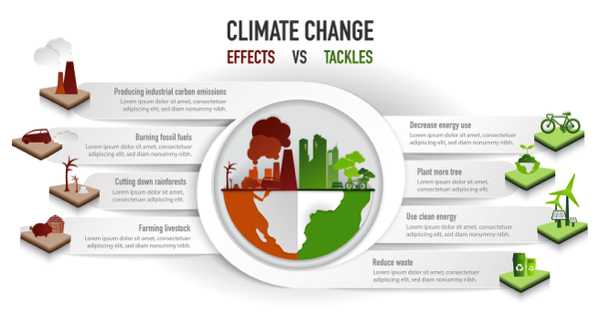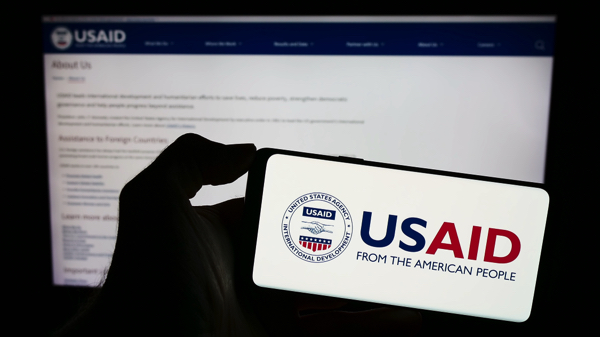 Parler
Parler Gab
Gab
- Pesticide companies, led by Bayer/Monsanto, are advancing legislation in multiple U.S. states to shield themselves from lawsuits related to health risks associated with their products.
- The proposed laws, known colloquially as the “Cancer Gag Act,” particularly spark controversy in Iowa, where cancer rates are among the nation’s highest.
- Opponents argue the measures strip individuals of their right to hold corporations accountable. Supporters claim the legal immunity prevents bogus litigation based on insufficient scientific evidence.
- The debate highlights a broader push by the pesticide industry to replicate the legal immunity enjoyed by vaccine manufacturers.
- The legal immunity would create a scientific dictatorship that doesn’t discuss the scientific evidence, unfairly disregarding any and all evidence of harm as a bogus claim from the start.
Pesticide companies want to become like vaccine manufacturers - harm at will, without a jury trial
In a move reminiscent of the legal protections afforded to vaccine manufacturers, pesticide companies are pursuing sweeping legislative changes across the United States to limit liability for their products. This effort, spearheaded by Bayer, the owner of the former Monsanto Co., aims to bar lawsuits alleging that pesticides cause cancer or other illnesses, provided the products meet EPA labeling requirements. The proposed laws, currently advancing in at least eight states and under consideration in more than 20, have drawn fierce opposition from health advocates, farmers, and public interest groups, who warn that the measures could suppress critical accountability for corporations. The most contentious battle is unfolding in Iowa, where critics have dubbed the legislation the “Cancer Gag Act,” citing the state’s alarmingly high rates of cancer and its extensive agricultural reliance on pesticides. The Iowa state senate recently advanced a bill that would prevent individuals from suing pesticide manufacturers for failing to warn of health risks, as long as the product labels are EPA-approved. Opponents, including farmers and public health advocates, argue that the law would shield companies from recklessness and deprive affected individuals of their day in court. “Our farmers feel that if they have injuries or illnesses due to their use of a pesticide, they should have access to the courts,” said Aaron Lehman, president of the Iowa Farmers Union. “We just don’t think the playing field should be tilted.” Proponents of the legislation counter that such laws are necessary to protect farmers’ access to essential pesticides, herbicides, and other chemicals. They claim that lawsuits often lack scientific merit and are exploited by tort lawyers. “Tort lawyers are enticing sick people into lawsuits that aren’t backed by evidence,” said a supporter of the bill. “We need to limit these opportunistic claims.” The debate in Iowa mirrors similar efforts in other agricultural states. In Missouri, a comparable measure passed through the U.S. House Agriculture Committee earlier this month, while in Idaho, activists are mobilizing against a draft bill they call the “Chemical Company Immunity” law. Nationwide, Bayer has teamed up with over 360 farm and industry groups to push for both state and federal legislative changes.Bayer’s strategy and the fight for immunity into the future
Bayer, which has faced billions of dollars in settlements and jury verdicts over Monsanto’s Roundup herbicides, is the driving force behind this legislative push. The company argues that the changes are essential to safeguard its “important investments” in agricultural products and ensure farmers retain access to critical tools like Roundup. Bayer maintains that the EPA, as the expert federal agency, already evaluates pesticide safety and that additional warnings are unnecessary. CropLife America, a lobbying group representing Bayer and other pesticide manufacturers, echoes this sentiment. “The EPA is charged by Congress with evaluating pesticide safety,” said a spokesperson. “Manufacturers cannot add warnings unless the EPA deems them accurate.” However, critics contend that the EPA often relies on industry-funded research, which may omit harmful side effects. “Many dangerous products have been on the market for years because the EPA does not conduct its own safety studies,” said Jonathan Oppenheimer, government relations director with the Idaho Conservation League. “It often takes decades for the EPA to withdraw approval.” The push for immunity extends to the federal level, where the EPA is reviewing a petition by 11 state attorneys general to amend federal law, making it harder for individuals to sue pesticide makers. The proposed changes would classify any state labeling requirements inconsistent with EPA findings as “misbranding,” effectively barring legal claims based on unapproved warnings. Sources include: ChildrensHealthDefense.org Iowa.gov ChildrensHealthDefense.orgTrump declares war on DOJ corruption, orders immediate firing of all Biden-era attorneys
By Willow Tohi // Share
USAID funded Boko Haram slaughter of Christians in Nigeria
By News Editors // Share
The case for holding Norm Eisen accountable: Deep State’s legal mastermind exposed
By Willow Tohi // Share
Governments continue to obscure COVID-19 vaccine data amid rising concerns over excess deaths
By patricklewis // Share
Tech giant Microsoft backs EXTINCTION with its support of carbon capture programs
By ramontomeydw // Share
Germany to resume arms exports to Israel despite repeated ceasefire violations
By isabelle // Share










